Question And Answer
Publications
Articles, publications, books, tools and multimedia features from the U.S. Institute of Peace provide the latest news, analysis, research findings, practitioner guides and reports, all related to the conflict zones and issues that are at the center of the Institute’s work to prevent and reduce violent conflict.
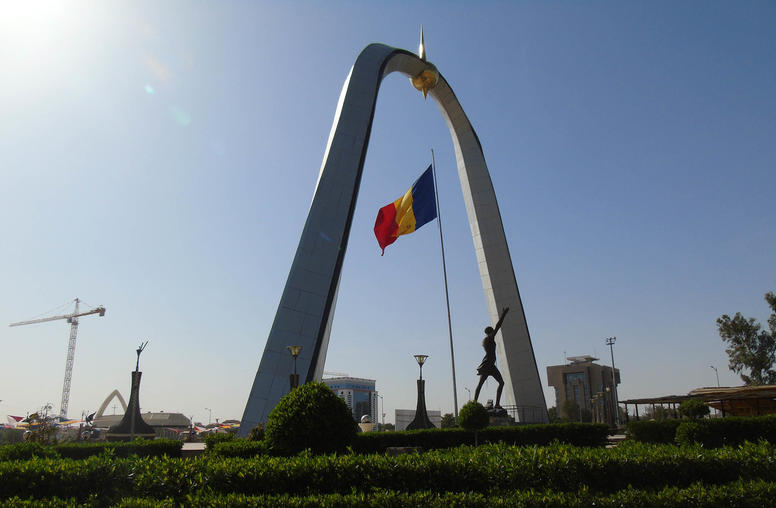
The U.S. Role in Furthering Chad’s Democratic Transition
When Chadian leader Mahamat Idriss Déby announced in October that the country’s transition period would be extended another 24 months, demonstrators took to the streets in protest, where they were met with violent repression from Chadian security forces. As the dust settled, Chadian authorities initially disclosed 50 people had been killed — but opposition groups and independent observers claim a much higher figure.

Le Rôle des États-Unis dans la Transition Démocratique du Tchad
Lorsque le dirigeant tchadien Mahamat Idriss Déby a annoncé en octobre que la période de transition du pays serait prolongée de 24 mois, les manifestants sont sortis dans les rues pour protester et ont été confrontés à une violente répression des forces de sécurité tchadiennes. Lorsque les choses se sont calmées, les autorités tchadiennes ont d'abord révélé que 50 personnes avaient été tuées, mais les groupes d'opposition et observateurs indépendants avancent un chiffre beaucoup plus élevé.
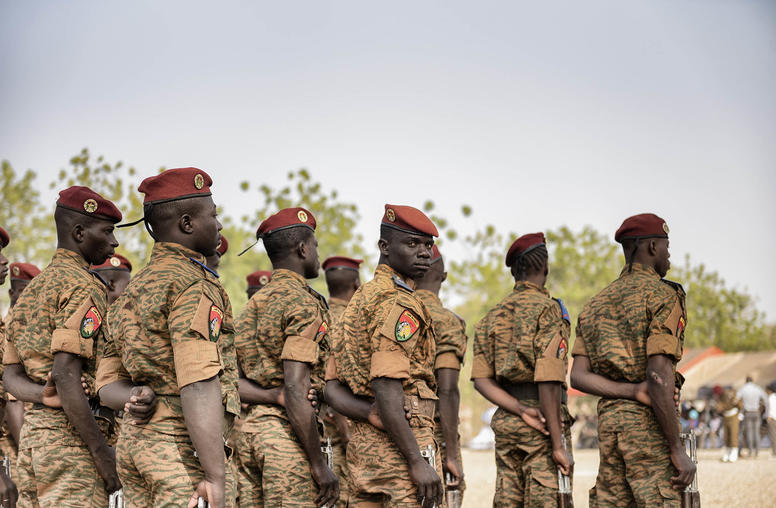
Another Coup in the Sahel: Here’s a Way to Halt This Cycle
This month’s coup d’etat in Burkina Faso, the seventh in 26 months around the Sahel region, only extends the Sahel’s long agonies of failing governance, civil wars and violent extremism. Military-led intervention by France and other outside powers has failed to stem the widening destabilization of a landmass and population vastly bigger than those of the recent U.S. wars in Afghanistan or Iraq. U.S. and international security require a policy reset that addresses the Sahel crisis’ causes rather than its symptoms. In Burkina Faso and other states, this means supporting inclusive processes of national dialogue that can mobilize whole of the society to address those causes.
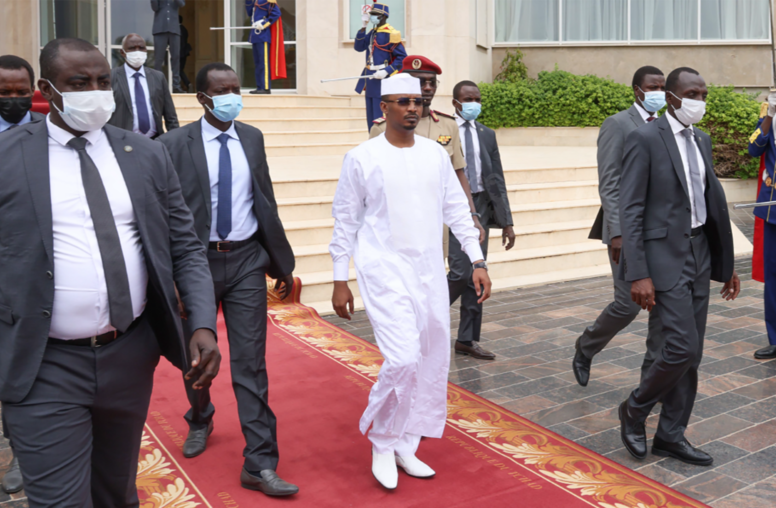
Chad’s National Dialogue Concludes Amid Uncertainties for the Transition
When Chad’s longtime President Idriss Déby was killed in April 2021, a group of military officers led by Déby’s son, Mahamat Idriss Déby, took control of the country and outlined an 18-month transition back to civilian rule. A crucial part of the transitional timeline was the promise of an inclusive national dialogue, which would be tasked with forming a national consensus on constitutional reform, election plans and other contentious political issues. After numerous delays, the long-awaited national dialogue finally opened in the capital N'Djamena in late August — just two months before the transition was slated to end.

Le Dialogue National au Tchad se Termine dans un Contexte d'Incertitudes pour la Transition
Après que l’ancien président du Tchad, Idriss Déby, a été tué en avril 2021, un groupe d'officiers militaires dirigé par le fils de Déby, Mahamat Idriss Déby, a pris le contrôle du pays et a défini une période de transition de 18 mois pour le retour à un régime civil. Un élément crucial du calendrier de transition était la promesse d'un dialogue national inclusif, chargé de former un consensus national sur la réforme constitutionnelle, les plans d'élection et d'autres questions politiques litigieuses. Après de nombreux retards, le dialogue national tant attendu a finalement commencé dans la capitale N'Djaména fin août – juste deux mois avant la fin prévue de la transition.
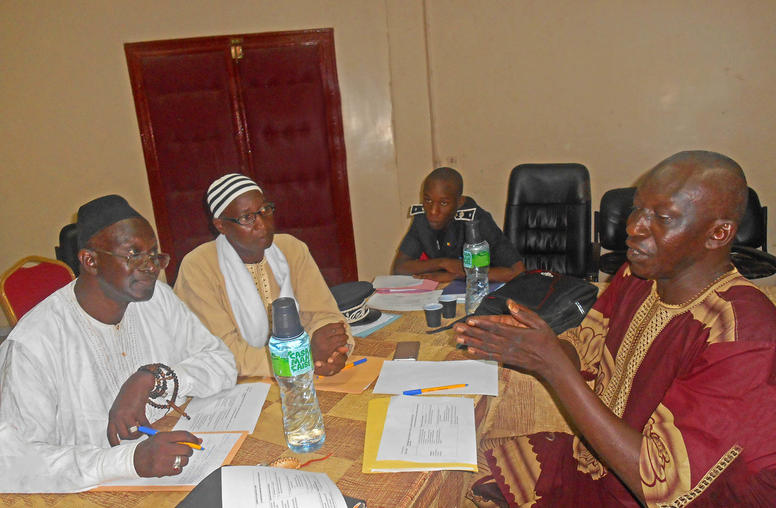
In Senegal’s War-Torn Casamance, a Dialogue Builds Stability
Senegal, one of West Africa’s most stable countries, is a key partner in countering extremism, military coups and other violence in the Sahel and in coastal states. Yet Senegal’s democracy and stability face challenges, notably the 40-year insurgency in the Casamance region. As Senegal attempts political and security reforms to build peace there, a community dialogue process in one Casamance town is helping improve security. Local dialogues—among communities, government officials and security forces—offer an efficient method for Senegal and its partners to heal conflict, bolster Senegal’s stability and counter West Africa’s slippage toward violence.
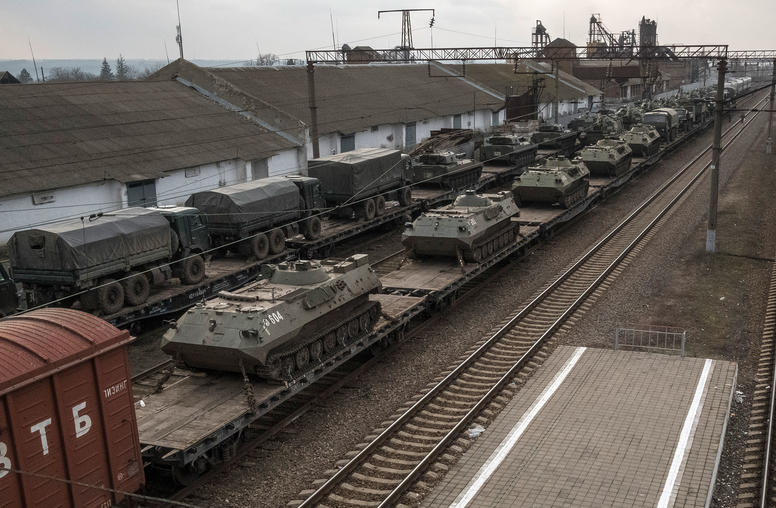
How Putin’s Invasion of Ukraine Affects the Rest of Russian Foreign Policy
USIP’s Heather Ashby, Jude Mutah, Andrew Scobell and Mona Yacoubian examine how the invasion of Ukraine might have shifted Moscow’s decision-making in other regions — such as Syria, the Sahel and China.
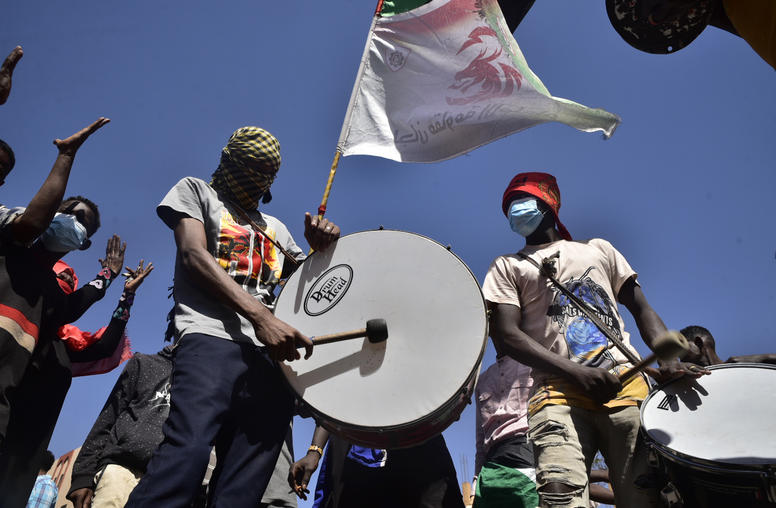
Countering Coups: How to Help Rebuild Democratic Rule
The past year’s surge in coups around Africa’s greater Sahel region highlights the need for the United States, other democracies and African governments to improve past practices that often have been ineffective in preventing armed seizures of power and in reversing them when they occur. Many Sahel countries have suffered repeated coups—a warning that we need to strengthen the ways that we shape our efforts at restoring democracy. USIP experts suggest that these transitions must become periods for broad, national dialogues to set agendas for change that can make strengthen democracy and interrupt cycles of failed governance.
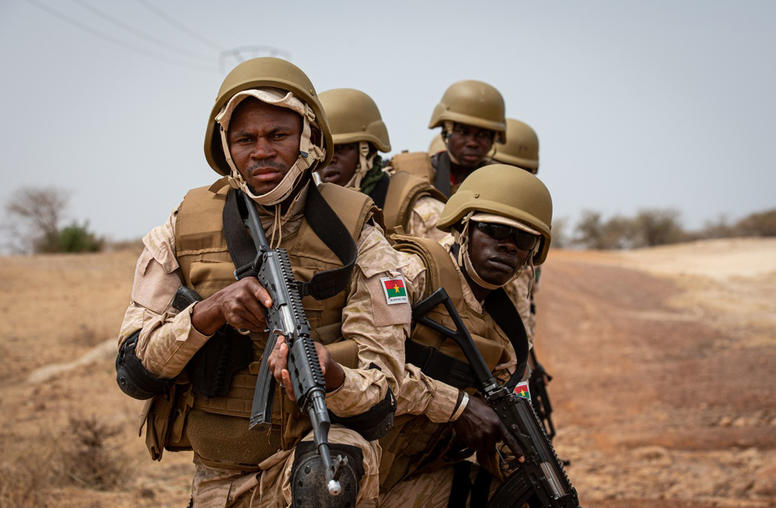
Countering Coups: How to Prevent Armed Seizures of Power
Armies have seized power in five states of the greater Sahel over nine months, cementing this African region as the most pronounced center of a global crisis. The Sahel’s military coups d’état are an acute symptom of poor and authoritarian governance that is breeding extremism and transnational criminality, igniting violence and undermining efforts to build democracies. These crises highlight widening security risks for the Sahel’s 135 million people and ultimately for Europe and the United States. Congress has begun urgently needed policy changes that analysts say should now be accelerated to prevent further coups and to buttress stability and democracy.
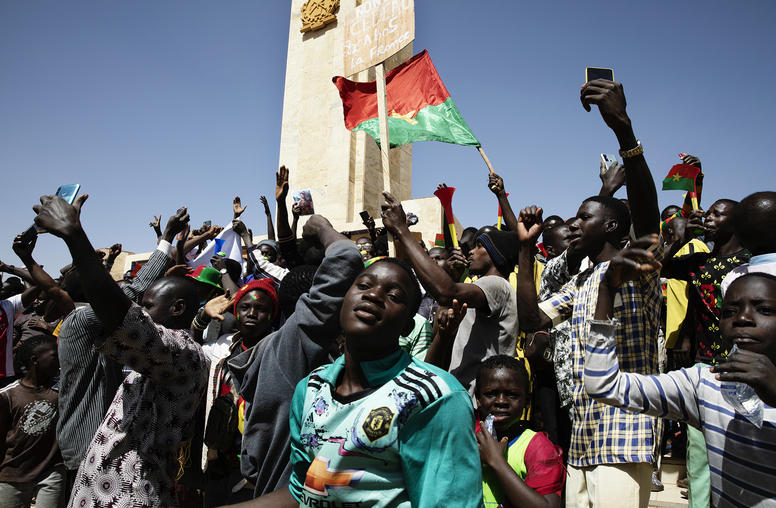
A Sixth Coup in Africa? The West Needs to Up Its Game.
The government of Guinea-Bissau says it survived an attempted coup d’état yesterday, just days after Burkina Faso suffered the fifth coup in nine months around the greater Sahel. These upheavals cement this African region as the most pronounced center of a global crisis: Poor and authoritarian governance is breeding extremism and transnational criminality, igniting violence and undermining efforts to build democracies. Following last year’s military power grabs in Chad, Mali, Guinea and Sudan, the new crises highlight widening risks to security — for the 135 million people of the Sahel region, and ultimately for Europe and the United States. They also point to changes needed in U.S. and international policies.